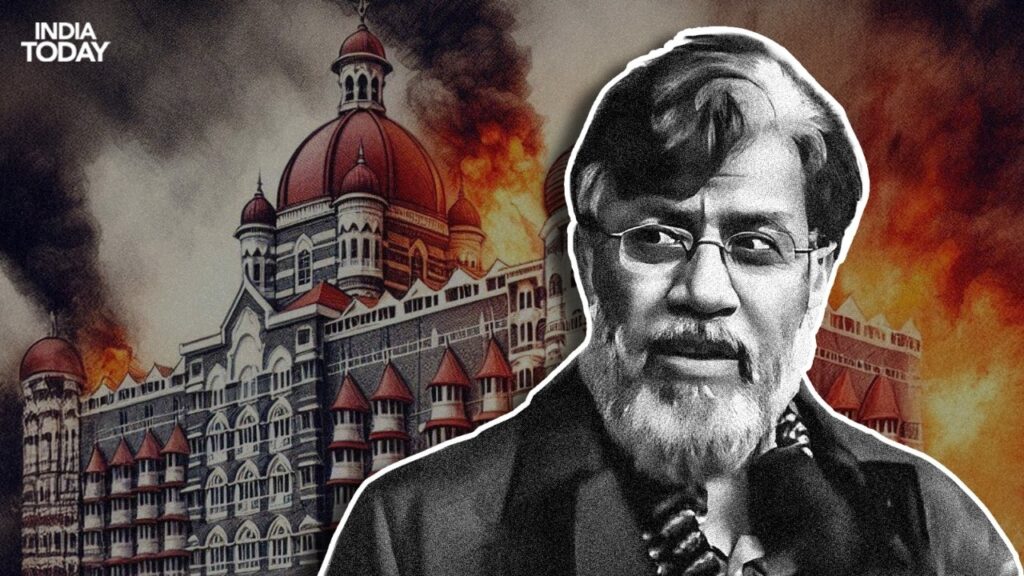
In a landmark development, Tahawwur Hussain Rana, a 64-year-old Pakistani-born Canadian businessman, has been extradited from the United States to India in connection with the 2008 Mumbai terror attacks that claimed 166 lives. This marks the first such extradition in a terrorism case, underscoring the strengthening of international cooperation in combating terrorism.
A Prolonged Legal Battle
Rana’s extradition followed a protracted legal process. Despite his appeals, including a review petition to the U.S. Supreme Court, which were all rejected, Rana was finally handed over to Indian authorities. The National Investigation Agency (NIA) of India played a pivotal role in securing his transfer, marking a significant achievement in the fight against terrorism.
Role in the 2008 Mumbai Attacks
The 2008 Mumbai attacks were a series of coordinated shooting and bombing incidents across Mumbai, resulting in the deaths of 166 people, including 18 security personnel and 26 foreign nationals. Rana is accused of aiding the Pakistan-based militant group Lashkar-e-Taiba (LeT), believed to be responsible for orchestrating the attacks with alleged support from Pakistan’s Inter-Services Intelligence (ISI) agency – a claim Pakistan has consistently denied.
Connections with David Coleman Headley
Rana’s association with David Coleman Headley, a Pakistani-American terrorist and key conspirator in the attacks, has been a focal point in the investigations. Evidence suggests that Rana assisted Headley in obtaining an Indian tourist visa using fraudulent documents. Additionally, email communications between Rana and Headley have been uncovered, including one where Headley inquires about Major Iqbal’s email address. Major Iqbal is identified as an operative of the ISI, further implicating Rana’s involvement in the conspiracy.
Anticipated Impact on Ongoing Investigations
Rana’s extradition is expected to shed new light on the roles of various Pakistani state actors in the planning and execution of the Mumbai attacks. Indian authorities anticipate that his testimony and the evidence gathered will provide crucial insights into the international network of terror and may lead to the unearthing of previously undisclosed details about the attacks.
Diplomatic Significance
The successful extradition underscores the strengthening of international legal frameworks and cooperation in addressing global terrorism. It highlights the commitment of nations to bring perpetrators of such heinous acts to justice, irrespective of their location. Indian officials, including Home Minister Amit Shah, have hailed the extradition as a significant diplomatic achievement, reflecting the robust ties between India and the United States in combating terrorism.
Legal Proceedings Ahead
Upon arrival in India, Rana was immediately taken into custody by the NIA. He is expected to face charges under various sections of the Indian Penal Code and the Unlawful Activities (Prevention) Act, pertaining to his alleged involvement in the Mumbai attacks. The legal proceedings are anticipated to commence shortly, with the NIA preparing to present the gathered evidence against him.
International Community’s Role
The extradition serves as a reminder of the critical role the international community plays in addressing terrorism. It calls for continued collaboration, information sharing, and mutual legal assistance to ensure that individuals involved in planning and executing terrorist activities are held accountable, regardless of where they are located.




































Leave a Reply